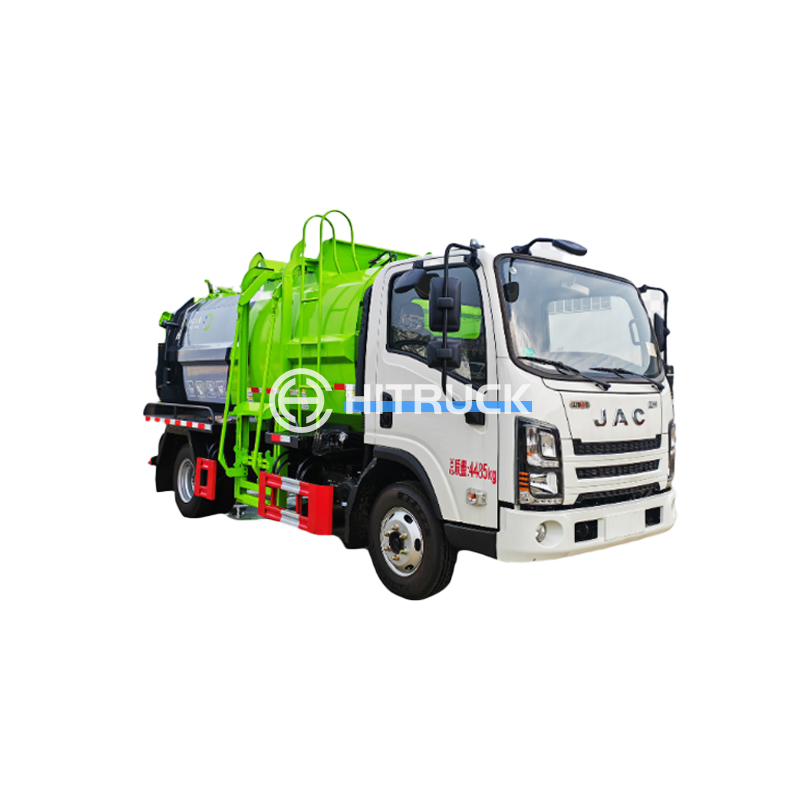This comprehensive guide helps you understand the various types of drinking water trucks, their features, and how to choose the best one for your specific requirements. We cover everything from capacity and tank materials to regulatory compliance and maintenance. Learn how to find reliable suppliers and make informed decisions for your water transportation needs.
Drinking water trucks come in various sizes, ranging from smaller models with capacities of a few hundred gallons to large-scale vehicles capable of transporting thousands of gallons. The tank material is crucial; common choices include stainless steel (known for its durability and resistance to corrosion), polyethylene (lighter and more affordable), and fiberglass (offering a good balance between cost and durability). The choice depends on budget, water volume requirements, and desired lifespan. For example, stainless steel is ideal for long-term use and the transportation of highly purified water, while polyethylene might be sufficient for shorter-term, less demanding applications. Always check for compliance with relevant food-grade standards.
The pumping system is a critical component. You'll find various options, including centrifugal pumps, positive displacement pumps, and diaphragm pumps, each with its strengths and weaknesses in terms of flow rate, pressure, and suitability for different water viscosities. Consider the required discharge rate and the distance the water needs to be pumped. A powerful pump may be essential for high-volume applications or situations involving significant elevation changes.
The truck's chassis and engine significantly impact performance, fuel efficiency, and maintenance costs. Factors to consider include the truck's overall weight capacity (GVWR), engine power, fuel economy, and maneuverability. The chosen chassis should be robust enough to handle the weight of the water tank and the terrain where the drinking water truck will operate.
Before purchasing a drinking water truck, meticulously assess your needs. Consider the volume of water you need to transport, the frequency of transportation, the distance covered, and the types of terrain you'll navigate. Also, consider the type of water being transported. Highly purified water might require specific tank materials and handling procedures. Suizhou Haicang Automobile sales Co., LTD offers a diverse range of drinking water trucks to cater to many needs.
Ensure the drinking water truck complies with all relevant regulations related to food safety and water transportation in your region. This often includes specific certifications and standards for the tank materials, pumping systems, and overall vehicle design. Failing to comply can lead to hefty fines and operational disruptions.
Regular maintenance is vital to ensure the longevity and reliable operation of your drinking water truck. Develop a preventative maintenance schedule including regular inspections, cleaning, and servicing of the tank, pump, engine, and other critical components. A well-maintained drinking water truck minimizes downtime and reduces the risk of costly repairs.
| Feature | Stainless Steel Tank | Polyethylene Tank | Fiberglass Tank |
|---|---|---|---|
| Cost | High | Low | Medium |
| Durability | Excellent | Good | Good |
| Weight | High | Low | Medium |
| Maintenance | Relatively low | Relatively high | Medium |
Remember to always consult with reputable drinking water truck suppliers and carefully review all specifications before making a purchase.












